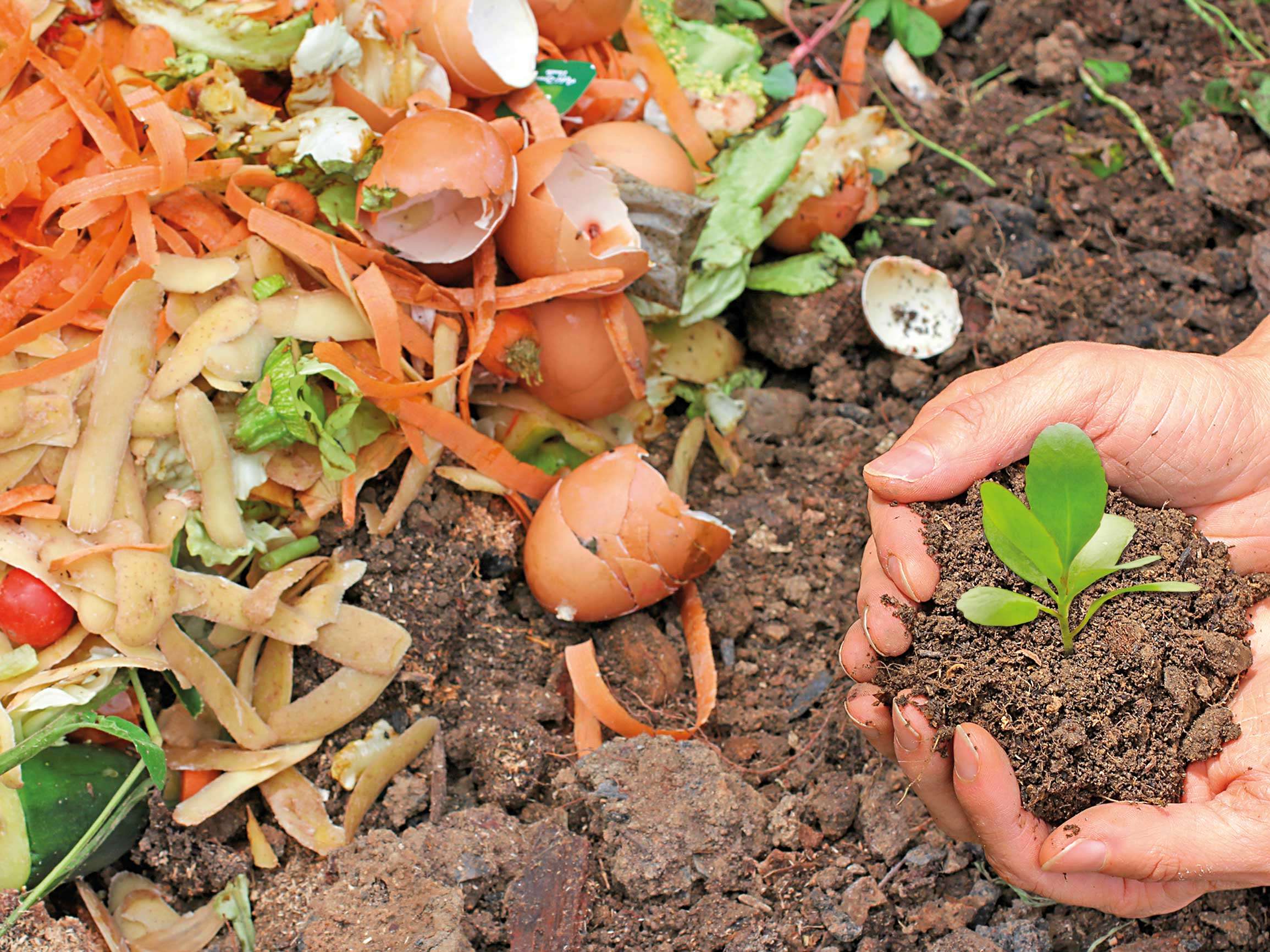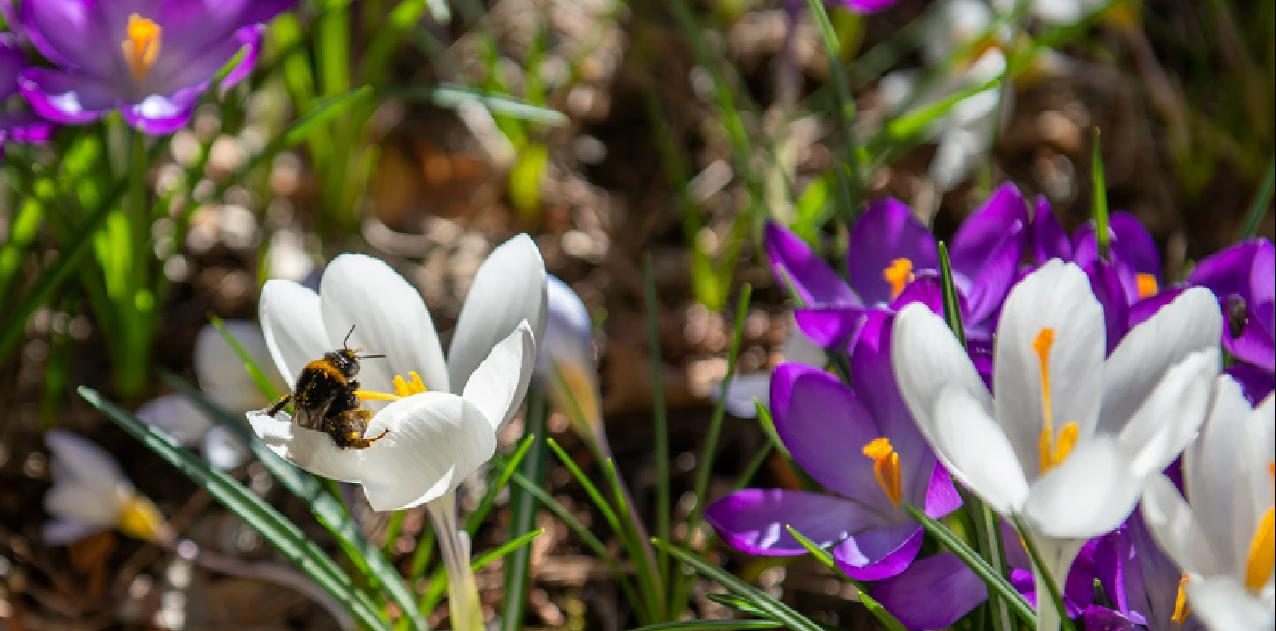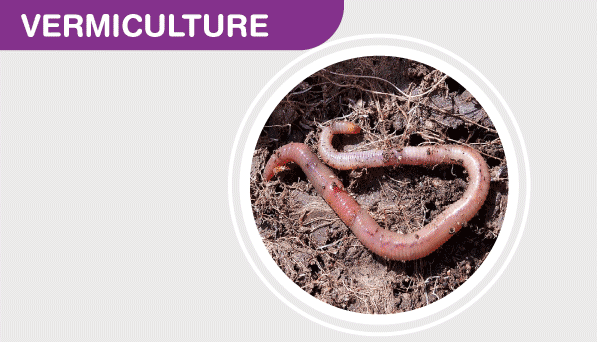Composting is often referred to as the “black gold” of gardening, and for a good reason. It’s a natural and sustainable way to recycle organic materials, reduce waste, and create nutrient-rich soil that can work wonders for your garden. In this guide, we will delve into the art of composting, exploring its benefits, methods, and tips for success. By the end, you’ll be equipped with the knowledge and enthusiasm to turn your waste into fertile soil.
Why Compost?
Before we delve into the intricacies of composting, let’s understand why it’s such a valuable practice. Composting offers a multitude of benefits that extend far beyond just improving your garden’s soil health:
Waste Reduction: Composting diverts kitchen scraps and yard waste away from landfills, reducing the burden on waste disposal facilities and cutting down on greenhouse gas emissions.
Nutrient-Rich Soil: Compost is often called “black gold” for a reason. It’s packed with essential nutrients that nourish plants, resulting in healthier, more vibrant growth.
Improved Soil Structure: Compost enhances soil structure by increasing its ability to retain moisture and nutrients. This makes your garden more resilient to drought and reduces the need for synthetic fertilizers.
Sustainability: Composting is a sustainable practice that mimics nature’s way of recycling organic matter. It reduces the need for chemical fertilizers, which can harm the environment, and fosters a healthier ecosystem in your garden.
Getting Started with Composting
Composting may seem daunting at first, but with the right knowledge and approach, it’s a straightforward and rewarding endeavor. Here’s how to get started:
- Choose the Right Location: Find a suitable spot in your yard or garden for your compost pile or bin. Ensure it’s well-draining and receives partial sunlight to facilitate decomposition.
- Gather Materials: You’ll need a mix of green and brown materials. Green materials include kitchen scraps like fruit and vegetable peels, coffee grounds, and grass clippings. Brown materials consist of dry leaves, straw, cardboard, and newspaper.
- Layer Green and Brown Materials: For efficient composting, alternate layers of green and brown materials. This balance provides the necessary carbon-to-nitrogen ratio for decomposition.
- Maintain Moisture and Aeration: Your compost pile should be as damp as a wrung-out sponge. Regularly turn the pile with a pitchfork to aerate it, allowing oxygen to reach the microorganisms responsible for decomposition.
- Be Patient: Composting is not an overnight process. Depending on various factors such as temperature and the materials used, it may take several months to a year for your compost to fully mature.
- Troubleshoot Problems: If you encounter issues like foul odors or pests, adjustments may be needed. Consult resources or local experts for guidance on problem-solving.
Composting Tips and Tricks
Now that you’ve started your composting journey, here are some tips to help you master the art:
Balance is Key: Maintain a balance between green and brown materials to avoid odors and speed up decomposition.
Chop It Up: Smaller pieces of organic matter decompose faster. Chop or shred large items like branches or cornstalks before adding them to your pile.
Keep It Covered: Cover your compost pile with a lid or a tarp to prevent excess moisture, which can lead to a stinky, anaerobic environment.
Avoid Certain Materials: Do not compost meat, dairy, pet waste, or diseased plants, as they can attract pests or introduce pathogens to your compost.
Use Compost Wisely: Once your compost is ready, spread it in your garden beds or use it as potting soil. Your plants will thank you for the nutrient boost.
Conclusion
Composting is a rewarding practice that not only benefits your garden but also contributes to a healthier planet. By diverting organic waste from landfills and creating nutrient-rich soil, you are participating in a small but impactful act of environmental stewardship. As you continue to hone your composting skills, you’ll witness the magic of turning waste into fertile soil, and your garden will flourish as a result. Embrace the art of composting, and watch your sustainable garden thrive.






